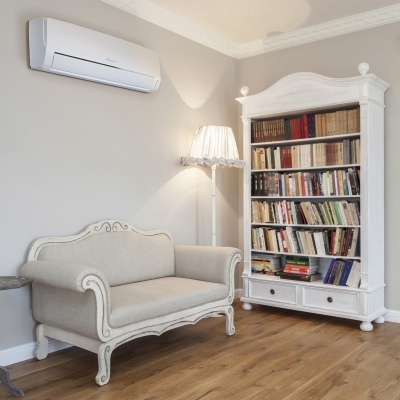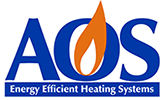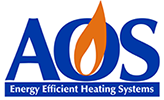AOS Blog

Do Heat Pumps Affect Indoor Air Quality?
Heat pumps are increasingly popular as an energy-efficient solution for heating and cooling homes. However, homeowners often wonder about their impact on indoor air quality (IAQ). The good news is that, when properly maintained, heat pumps can positively influence IAQ. Here's how heat pumps in South Bedfordshire affect indoor air quality and what you can do to ensure optimal performance.
1. Filtration of Airborne Particles
Heat pumps are equipped with filters that trap dust, pollen, pet dander, and other airborne particles. These filters play a crucial role in improving IAQ by preventing these contaminants from circulating throughout your home. Regularly cleaning or replacing the filters is essential to maintain their effectiveness. Dirty or clogged filters not only reduce the efficiency of your heat pump but can also lead to poorer air quality.
2. Dehumidification
One of the significant benefits of heat pumps is their ability to dehumidify the air. High humidity levels can lead to mould growth and create an environment conducive to dust mites, both of which can adversely affect IAQ and exacerbate respiratory issues. During the cooling process, heat pumps remove excess moisture from the air, helping to maintain a comfortable and healthy indoor environment.
3. Fresh Air Ventilation
Modern heat pumps often come with ventilation options that can introduce fresh air into your home. This is particularly important in well-sealed, energy-efficient homes where natural ventilation may be limited. By allowing fresh air to enter while exhausting stale air, heat pumps help dilute indoor pollutants and improve overall IAQ.
4. Odour Removal
Heat pumps can also help in reducing indoor odours. The filters in heat pumps can capture odour-causing particles, thereby reducing smells from cooking, pets, and other sources. Additionally, the circulation of fresh air through the ventilation system can further help in eliminating persistent odours.
5. Reduction of Indoor Pollutants
Besides particulate matter, heat pumps can also reduce indoor levels of volatile organic compounds (VOCs) and other pollutants. Some advanced heat pump models are equipped with air purifiers or ionisers that can neutralise these harmful substances. Ensuring your heat pump is in good working order and the filters are clean will maximise its ability to improve IAQ.
6. Preventing IAQ Issues
While heat pumps can improve IAQ, improper maintenance can lead to problems. For instance, a clogged condensate drain can result in excess moisture, promoting mould growth. Similarly, if the filters are not changed regularly, they can become a source of pollutants rather than a barrier. Regular maintenance, including professional inspections, is essential to prevent these issues and ensure your heat pump contributes positively to IAQ.
Conclusion
Heat pumps, when properly maintained, can significantly enhance indoor air quality. They filter out airborne particles, dehumidify the air, provide fresh air ventilation, remove odours, and reduce indoor pollutants. However, to reap these benefits, it is crucial to keep the system well-maintained. Regular cleaning or replacing of filters, checking the condensate drain, and scheduling annual professional maintenance are key steps to ensure your heat pump operates efficiently and continues to improve the air quality in your home. By taking these measures, you can enjoy a comfortable, healthy indoor environment year-round.





